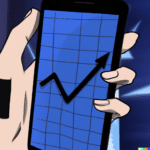Background to Trading Apps: Unveiling the Revolution in Financial Trading
Trading apps have revolutionized the financial industry, providing traders and investors with unprecedented access to the global markets. In this article, we will delve into the background of trading apps, exploring their evolution, features, and the significant role they play in modern-day trading. From the advent of online trading to the rise of mobile apps, we’ll take you on a journey through the exciting world of trading apps.
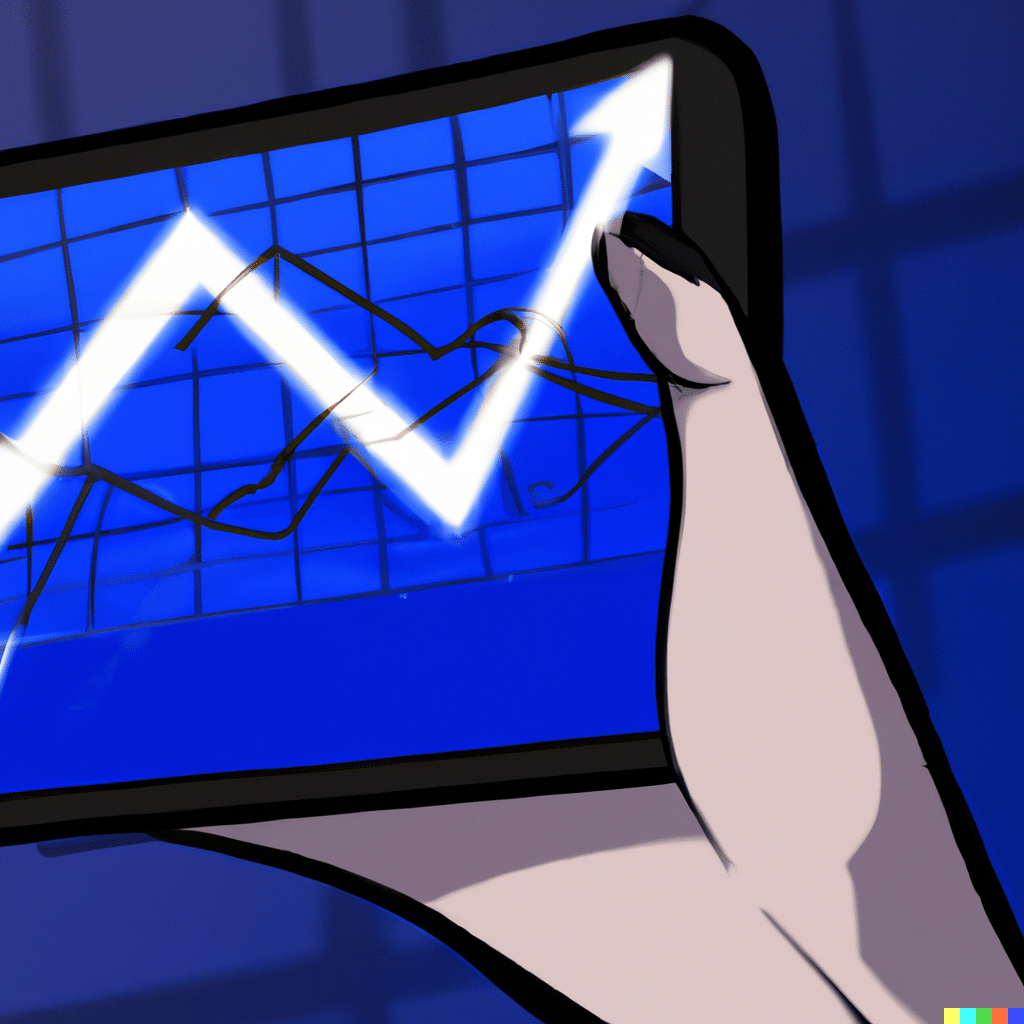
The Early Days of Online Trading
In the late 1990s and early 2000s, online trading platforms emerged, offering investors a convenient way to trade securities from the comfort of their homes. These platforms laid the groundwork for what would later become trading apps.
The Emergence of Mobile Trading Apps
The introduction of smartphones and high-speed internet paved the way for the development of mobile trading apps. As mobile technology advanced, trading apps became more sophisticated, allowing traders to execute orders, analyze charts, and manage their portfolios on the go.
The Convenience of Mobile Trading
One of the main advantages of trading apps is their convenience. Traders no longer need to be tied to their desktop computers to monitor the markets and place trades. With a mobile trading app, all they need is a smartphone and an internet connection.
Evolution of Features
Trading apps have continuously evolved to meet the demands of modern traders. Advanced charting tools, technical indicators, and real-time market data are now standard features, empowering traders with valuable insights.
The Rise of Commission-Free Trading
In recent years, the rise of commission-free trading has disrupted the traditional brokerage model. Many trading apps now offer commission-free trades, making it more cost-effective for traders to execute multiple transactions.
Social Trading and Community Engagement
Social trading features within some trading apps have created a thriving community of traders who can share ideas, strategies, and even copy the trades of successful investors. This collaborative environment has fostered knowledge-sharing and improved trading outcomes for many users.
Leveraging Artificial Intelligence
Some trading apps have incorporated artificial intelligence (AI) algorithms to provide personalized trading recommendations and automate certain aspects of the trading process. AI-driven insights have added a new dimension to trading strategies.
The Impact of Trading Apps on Financial Markets
The widespread adoption of trading apps has had a profound impact on financial markets and the way trading is conducted. Let’s explore some key aspects of this transformation:
Accessibility and Inclusivity
Trading apps have democratized financial markets by making trading accessible to individuals from diverse backgrounds. Anyone with a smartphone and an interest in trading can now participate in global markets.
Increased Trading Volume
The convenience of mobile trading has contributed to an increase in trading activity. With traders able to react to market movements instantly, trading volumes have surged.
Market Volatility and Micro-Trades
The prevalence of trading apps has also been linked to increased market volatility and the rise of micro-trades. Traders can capitalize on short-term price fluctuations with ease.
Trading Education and Knowledge Sharing
Many trading apps offer educational resources, such as tutorials, articles, and webinars, to help users enhance their trading knowledge. This focus on education has led to a more informed and responsible trading community.
Financial Inclusion
Trading apps have played a crucial role in financial inclusion, especially in regions with limited access to traditional banking and investment services. These apps empower individuals to take control of their financial future.
FAQs
Trading apps are mobile applications that enable users to access financial markets, execute trades, and manage investments from their smartphones.
Reputable trading apps use encryption and other security measures to protect users’ data and funds. However, it is essential to choose a well-established app with a strong reputation.
Yes, many trading apps offer a wide range of financial instruments, including stocks, cryptocurrencies, forex, and commodities, all in one platform.
Yes, most trading apps come with user-friendly interfaces, making them suitable for beginners who are new to trading.
Some trading apps charge commissions or fees on trades, while others offer commission-free trading options. It’s crucial to check the fee structure before using an app.
Yes, traders often use multiple trading apps to diversify their trading experience and take advantage of different features offered by each platform.
Conclusion
Trading apps have revolutionized the way we trade and invest in financial markets. From their early days as online trading platforms to their current status as sophisticated mobile applications, these apps have transformed the accessibility and inclusivity of the financial industry. With the power of real-time data and advanced features at their fingertips, traders now have unparalleled opportunities to make informed decisions and take control of their financial futures.
Read more about the Background to Trading Apps
Mobile Trading Apps and the Democratization of Financial Markets
Published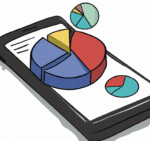
The Influence of Social Media on Mobile Trading Apps: A New Era of Investing
Published
Regulatory Milestones: How Authorities Responded to Mobile Trading Apps
Published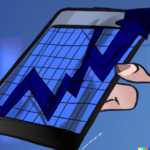
How Mobile Trading Apps Are Changing the Landscape of Online Trading
Published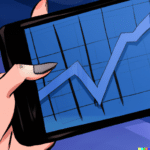
The Evolution of Mobile Trading Apps: A Historical Perspective
Published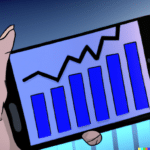
Early Innovations: The First Mobile Trading Apps in the Financial Industry
Published